
Tesla, once hailed as the vanguard of the electric vehicle revolution, is now spiraling through one of its most severe financial and reputational crises. With a staggering $800 billion wiped off its market capitalization, the company is no longer just navigating a tough quarter—it is confronting an existential moment. Since December of last year, Tesla’s valuation has collapsed by more than half, sending shockwaves through Wall Street and triggering a full-scale backlash from investors.
This freefall coincides not with a technical breakdown or product failure, but with Elon Musk’s increasingly controversial entanglement in U.S. politics, particularly his leadership role within the Department of Government Efficiency (DOGE) under President Donald Trump. The financial indicators are unambiguous. In the first quarter of 2025, Tesla’s revenue dropped by 9 percent compared to the same period in the previous year, totaling $19.3 billion—a figure that fell short of analyst expectations.
Even more alarming was the 71 percent plunge in net income, with the company posting a modest $409 million in profit. For a firm that once boasted industry-leading margins and stock performance, these numbers represent not just underperformance but a critical breach of investor confidence. Tesla’s share price has followed suit, tumbling rapidly and erasing years of market growth in mere months.
At the heart of this crisis lies a conflict of identity, driven by Elon Musk’s dual role as CEO of Tesla and a key figure in President Trump’s administration. Since his appointment as the head of DOGE, Musk has been at the center of sweeping, highly divisive reforms aimed at dismantling government bureaucracies, slashing federal workforce numbers, and promoting radical budgetary cuts. These moves, framed as efforts to streamline public spending, have sparked public outcry and alienated many of Tesla’s traditionally progressive customer base.
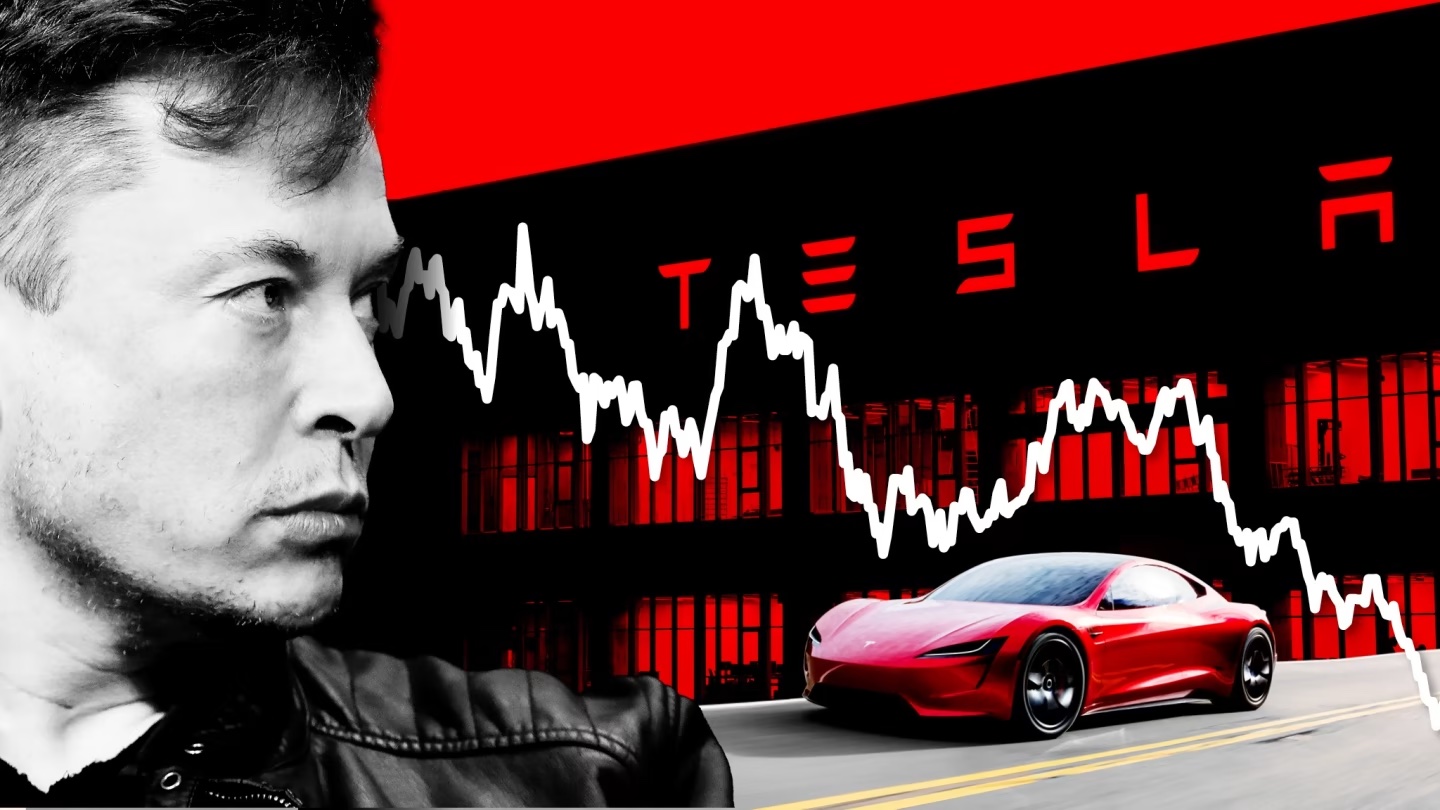
The optics of Musk overseeing mass government layoffs while leading a company that markets itself as the face of sustainable innovation have proven particularly damaging. For a brand that built much of its success on forward-thinking values, the alignment with a polarizing political agenda has triggered cognitive dissonance among consumers and stakeholders alike.
Compounding the problem is Musk’s increasingly close relationship with President Trump. Their high-profile meetings and public displays of camaraderie have become fodder for political satire, but the consequences are all too real for Tesla’s global appeal. Consumers who once championed Tesla for its clean energy mission now question its integrity and motives.
In markets like Europe and China, where environmental values are closely tied to consumer behavior, this political alignment has already begun to erode the brand’s standing. Several Chinese consumer advocacy groups have even called for boycotts, citing Musk’s role in policies viewed as xenophobic or economically hostile to global partners.
Investor frustration has reached a boiling point. Prominent stakeholders have gone public with demands that Musk immediately resign from his position at DOGE and return his full attention to Tesla. They argue that his political engagement is not only a distraction but a direct threat to shareholder value.
Analysts like Dan Ives from Wedbush Securities have sounded the alarm, warning that unless Musk changes course, Tesla could enter a prolonged period of stagnation and decline. The notion of a “red alert” situation is no longer just analyst hyperbole—it reflects a growing consensus among financial insiders that the company is in dire need of leadership recalibration.
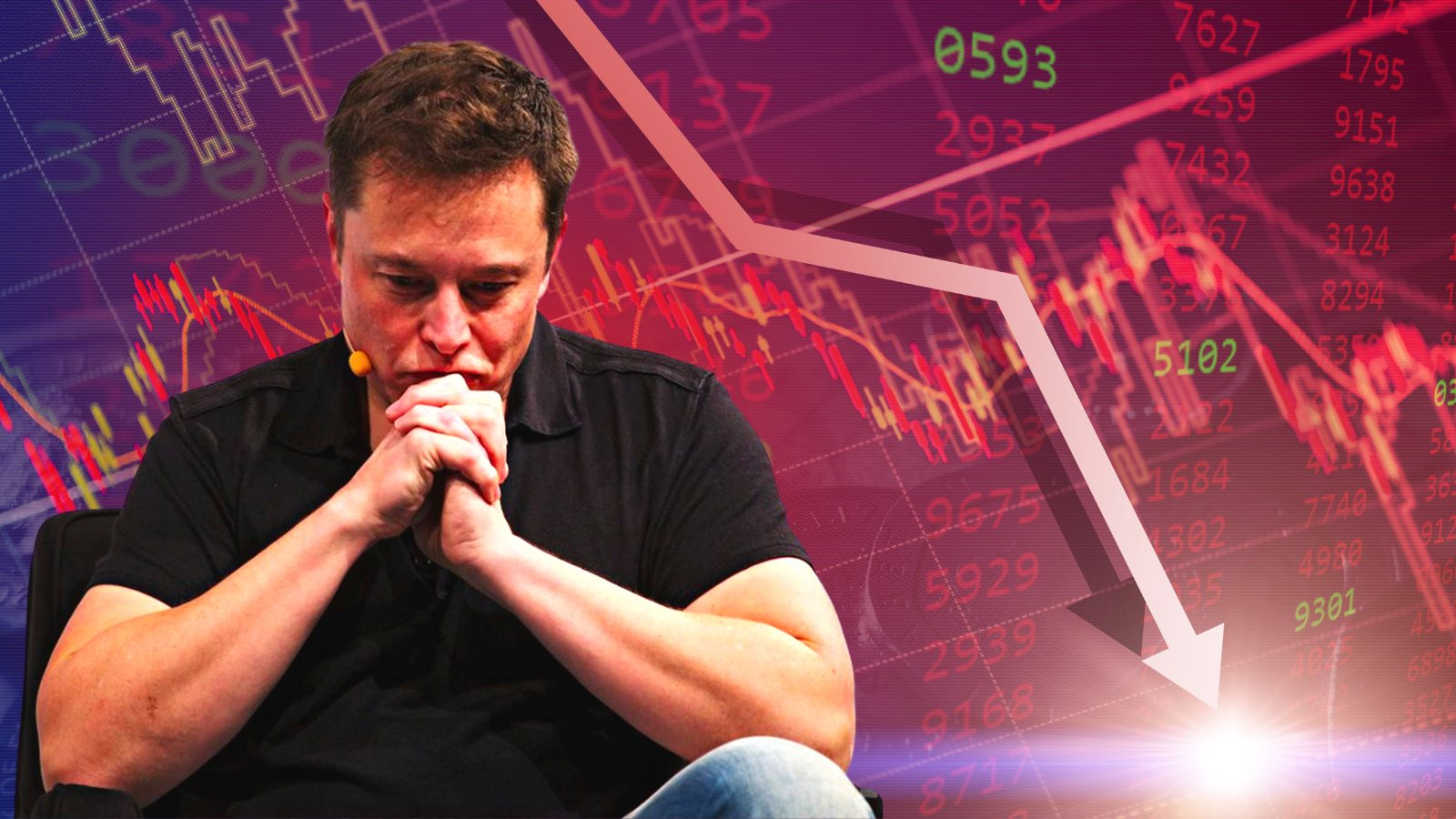
The crisis at Tesla is not occurring in a vacuum. It is unfolding against a backdrop of intensifying global competition in the electric vehicle space. Chinese manufacturers like BYD have surged ahead, offering high-quality EVs at more affordable prices and capturing large shares of emerging markets. In North America and Europe, legacy automakers have accelerated their EV strategies, deploying sophisticated vehicles that rival or surpass Tesla’s in design, range, and technology. Tesla, once the lone disruptor, is now just one of many players—and its dominance is slipping.
The company’s international operations are also under siege from political fallout. President Trump’s aggressive trade policies, including the reimposition of tariffs on Chinese goods, have disrupted Tesla’s supply chain and raised costs on critical components. For a company that relies heavily on global manufacturing, especially in China, these tariffs represent a structural disadvantage.
What was once a competitive edge—Tesla’s international footprint—now risks becoming a liability. The fallout has been swift. Sales in China have slowed, delivery targets have been missed, and localized backlash against Musk personally has begun to affect retail traffic and online sentiment. Product strategy has also faltered amid the chaos. Tesla’s highly anticipated self-driving technology, the promised robotaxi network, and the long-awaited affordable model remain stuck in various stages of delay.
Investors who were once patient with Musk’s optimistic timelines are losing faith. Repeated postponements, vague release schedules, and shifting priorities have created an atmosphere of uncertainty, and in this climate, uncertainty translates to sell-offs. Even among loyal Tesla enthusiasts, confidence is waning as the company appears increasingly reactive rather than visionary.

What, then, must be done to salvage Tesla’s position? The answer from the market is unequivocal: Elon Musk must divest from his political entanglements and recommit himself to Tesla. This is not simply a call for better PR—it is a demand for focused leadership. The CEO of a global manufacturing firm cannot simultaneously serve as the architect of controversial federal downsizing efforts without creating reputational spillover.
Tesla’s brand, once synonymous with progress, is now burdened by associations with instability, ideology, and division. Rebuilding trust will require Musk to step away from DOGE and reaffirm his role as a business innovator rather than a political operative. Beyond a personal shift, Tesla must also urgently address its product delays. The roadmap must become transparent, deadlines must be met, and the company must resume its role as the industry’s pace-setter.
Whether through the launch of an entry-level EV, the deployment of fully autonomous features, or expansion into new mobility services, Tesla needs a tangible win to reverse the narrative. The technology advantage that once seemed insurmountable is now being challenged on all fronts. Regaining that edge will require renewed investment, clear milestones, and a strategic vision untethered from personal distractions.
Tesla also needs to repair its global image. The company should reengage with markets like Europe and China not through rhetoric but through localized strategies that respect cultural and political sensitivities. Rebuilding alliances, addressing customer concerns, and reaffirming a commitment to sustainable mobility could go a long way in reestablishing the brand’s moral authority. Moreover, Tesla must create more distance between its operations and Musk’s personal political views to insulate the company from further backlash.
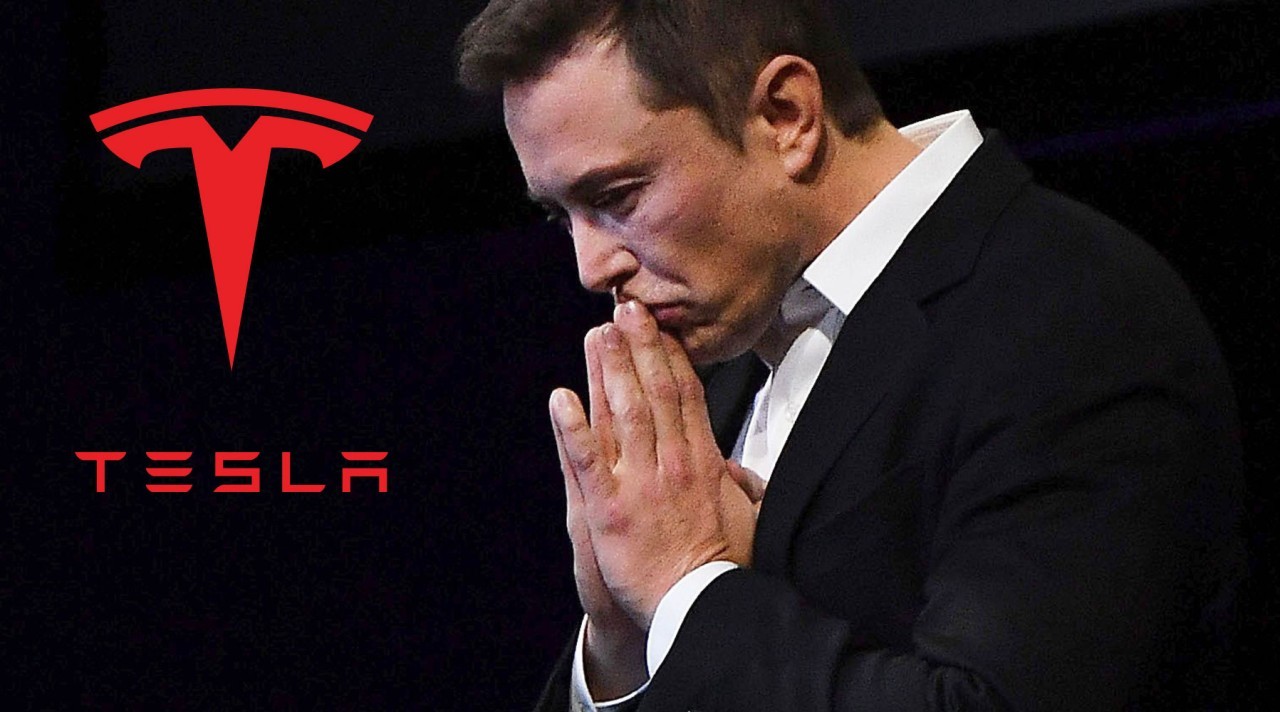
Ultimately, the future of Tesla hinges on whether it can evolve beyond the cult of Elon Musk. His charisma and brilliance helped build Tesla into a global powerhouse, but his political ambitions now threaten to unravel that legacy. The crisis of 2025 will be remembered not just as a financial reckoning but as a moment when brand identity, leadership focus, and global positioning converged into a singular test of corporate survival.
If Musk can recognize the urgency of this moment and act decisively, Tesla may not only recover but emerge stronger, wiser, and more balanced. However, if he continues down the path of political provocation and operational distraction, the damage to Tesla’s future may soon become irreversible. Investors have spoken. The market has reacted. Now, all eyes are on Musk—and time is running out.
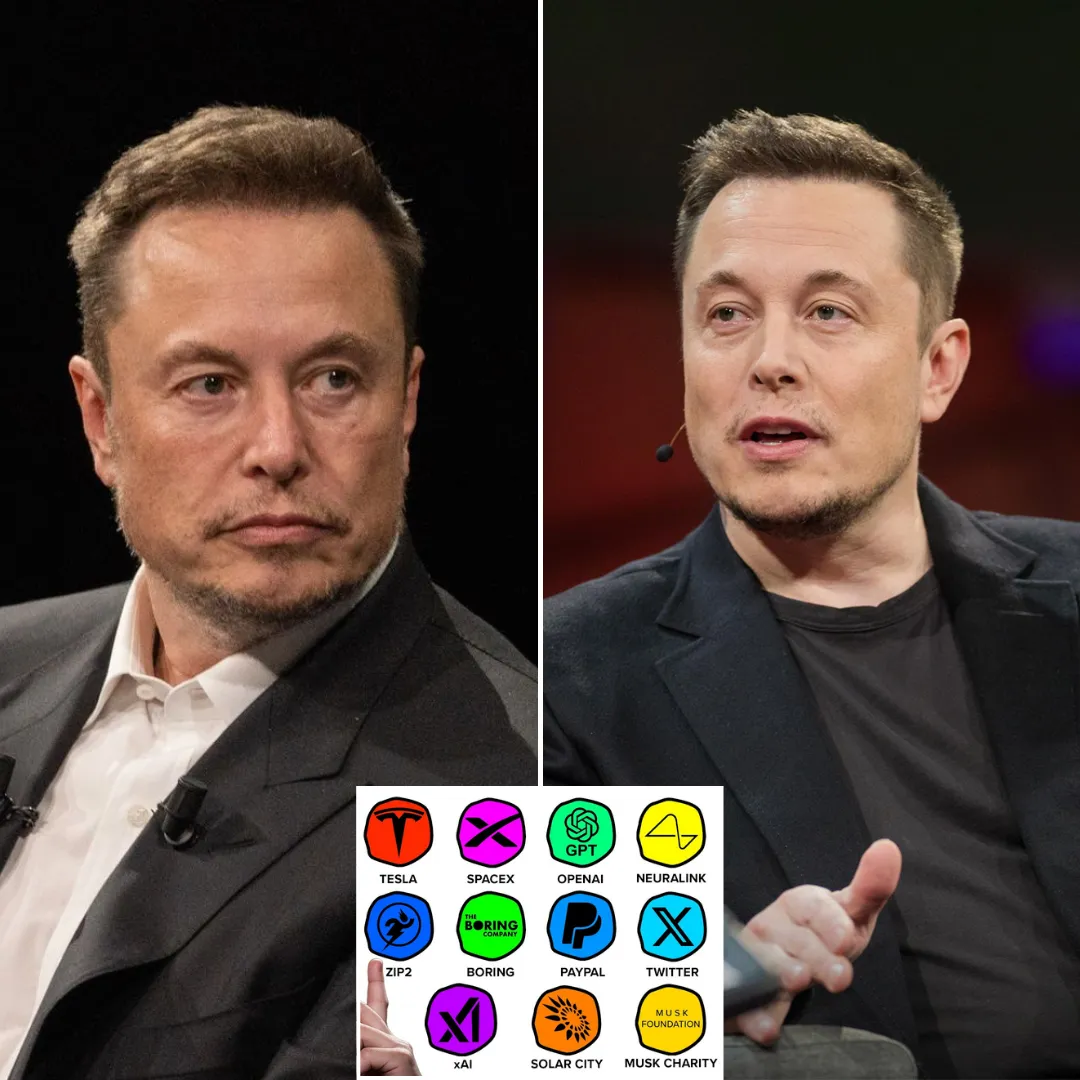
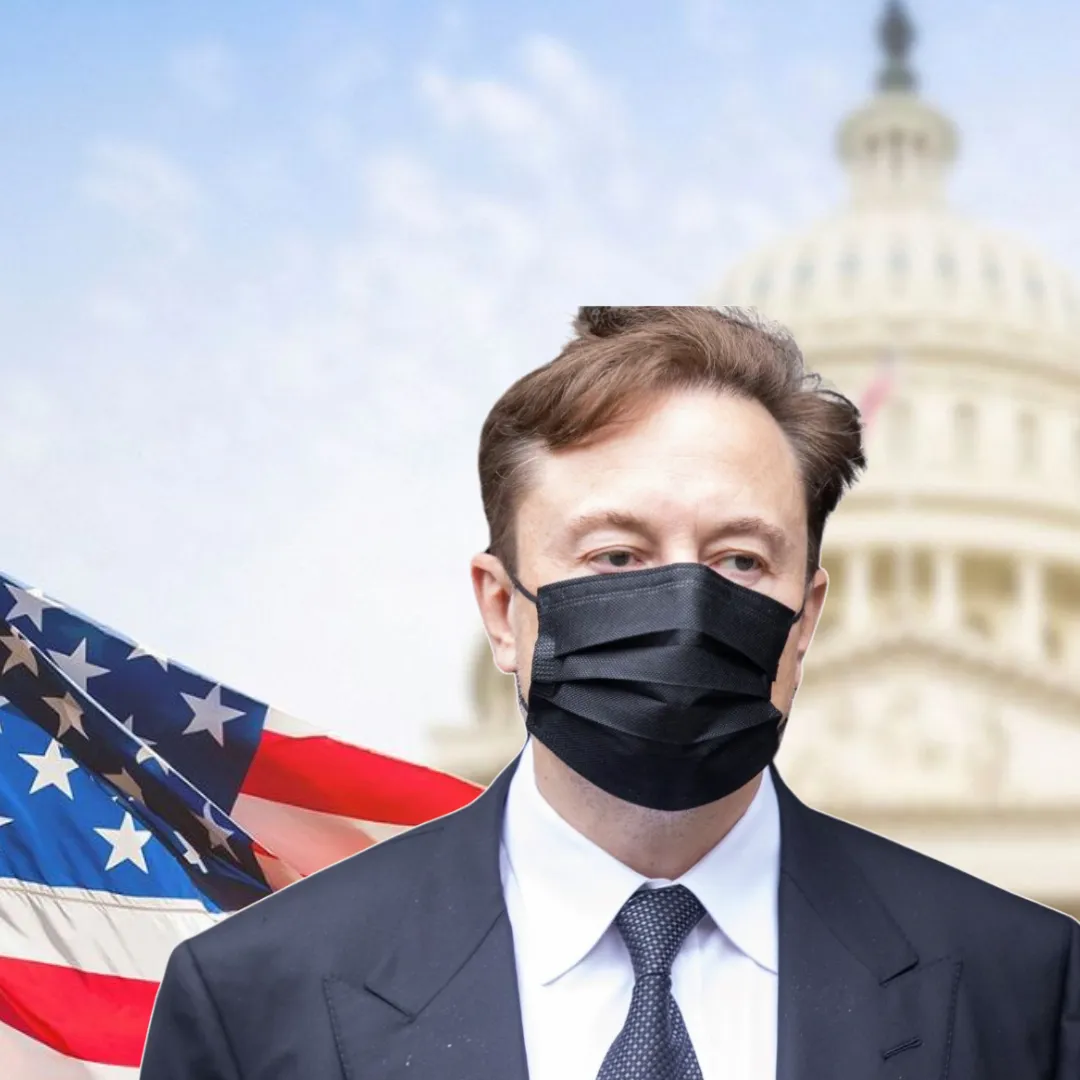
-1743474541-q80.webp)
-1750042548-q80.webp)